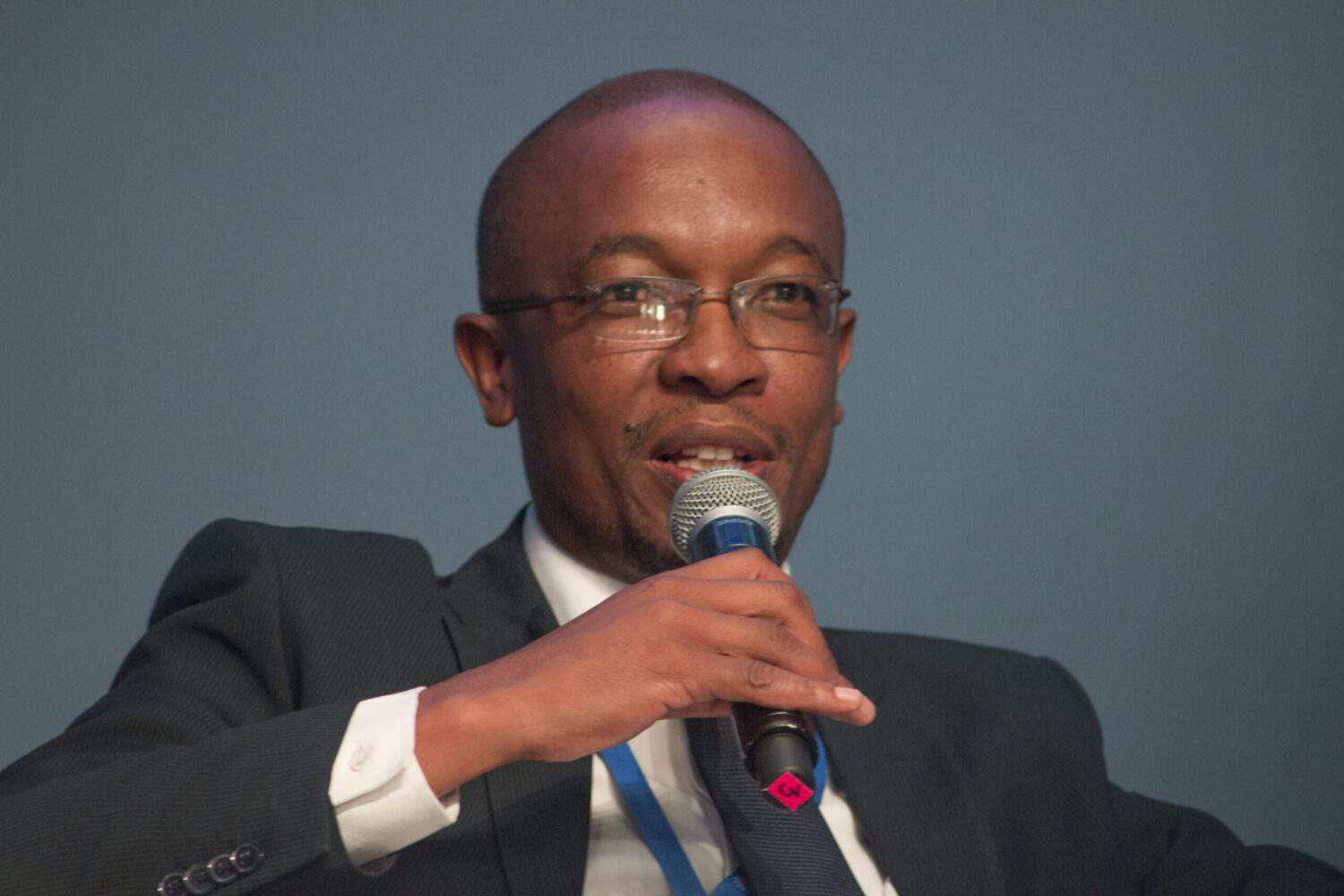South African exports to the US will face a 30% tariff.
Trade, Industry and Competition Minister Parks Tau has assured that South Africa will not adopt a retaliatory stance in response to the new tariffs imposed by the United States (US).
US President Donald Trump recently announced a universal 10% baseline tariff on all imports into the country, along with additional reciprocal tariffs for several nations.
As a result, South African exports to the US will now face a 30% tariff.
Uncertainty over US tariff calculations
Speaking at the Gauteng Investment Conference on Thursday, Tau questioned how the US arrived at the 30% figure, stating that South Africa’s own calculations put it at less than 10%.
“We are all to work out how the US arrived at 60% discounted to 30% as the tariffs that we levied. In reality, our tariffs average on the basis of most favoured nations.
“Tariffs are estimated 7.6% and that’s our calculation. Of course, we are speculating what the US is calculating; this we assume could include the trade balance, could include other considerations.
“But at this point, we’re going to need clarity from the US as to how they arrived at the number and how they would want to engage,” he said.
ALSO READ: Trump’s 30% tariffs on SA a ‘barrier to trade and shared prosperity’, Presidency says
The minister echoed President Cyril Ramaphosa’s stance, emphasising that South Africa remains committed to engaging with the US and other affected countries regarding Trump’s tariffs.
He added that the government also seeks to discuss future trade relations.
However, Tau refrained from predicting any specific outcome from the discussions.
“It would be highly speculative to say what happens if these negotiations don’t go well.”
Taus cautious about retaliation against US tariffs
Tau stressed that South Africa should avoid retaliatory action and instead maintain diplomatic discussions.
“I think we should take a posture that continues to engage with the US, that continues to engage with trade partners about how we develop a way forward. The entire global trading environment has been changed by the announcements yesterday.
READ MORE: SA must engage Trump with business deals, not politics
“We have to assimilate what it implies for global trade, for the true trade rules, for the World Trade Organization, and begin to develop responses that take the world forward, that take us forward.”
He highlighted that South Africa would leverage its G20 presidency this year to contribute to the global discourse on trade.
“So I don’t think that we can contribute to the discourse by taking an adversarial approach as a country,” Tau added.
US tariff on the automotive sector
The minister also warned that the 25% tariff increase on all vehicle imports would severely impact the automotive industry.
South Africa reportedly exported cars and parts worth more than R32 billion to the US.
“It affects us, it [affects] all other exporters into the US in the automotive sector but part of the implication that we need to think about is the possibility of the concentration risk that happens with countries that have particularly deep pockets to incentivise their own economy.
“So there’s, of course, the risk that you increase the prices across the board and it affects those who are much smaller exporters.”
Planned US visit and trade diversification
Tau confirmed that the South African government still intends to visit the US for discussions.
“We are waiting for the president to confirm the date of our visit to the United States.”
The minister explained that the visit had been delayed to assess the full scope of the new tariffs, which were announced on 2 April.
“We thought it’s appropriate that we wait for these announcements so that we’re able to assimilate the posture of the US, the issues they are putting on the table, and then be able to present our approach to that engagement,” he said.
READ MORE: South Africa faces 25% tariff on US car imports, Minister Parks Tau voices concern
Tau also emphasised that the tariff hikes reinforced the need for South Africa and other African nations to diversify their trade portfolio, citing the African Continental Free Trade Area (AfCFTA) as a key opportunity.
“The AfCFTA provides an important stepping stone for diversifying our trade and I think enhancing our work on the African continent and collaborating.
“If you think about it, the tariff decisions that have been made impact on us but it also impacts on, amongst others, the least developed countries.
“If you think about Lesotho and the tariff that has been imposed on them, it literally will devastate Lesotho.
“So the reality is that we now [have] to look amongst ourselves and say within the customs in southern Africa, within the region of Africa, how we’re going to respond to these issues. Part of our reality is the greater inclination for cooperation and collaboration.”
Diplomatic engagement with the US
Last week, a South African delegation led by Department of International Relations and Cooperation (Dirco) director-general Zane Dangor travelled to the US to continue trade discussions that were initially started by former US ambassador Ebrahim Rasool before his expulsion.
According to Dirco, the delegation met with senior White House and US State Department officials to clarify concerns surrounding South Africa’s expropriation and equity laws.
NOW READ: ‘Clearing the air’: Inside Dirco’s meeting with US officials
